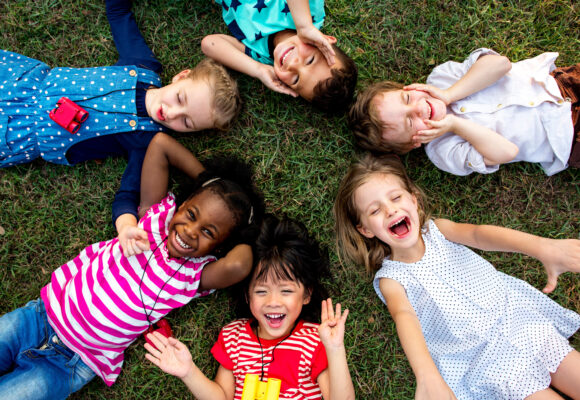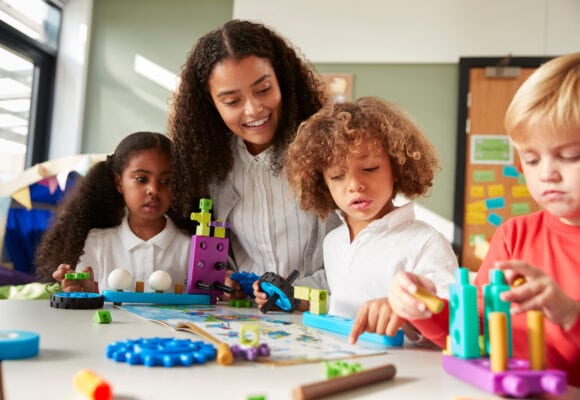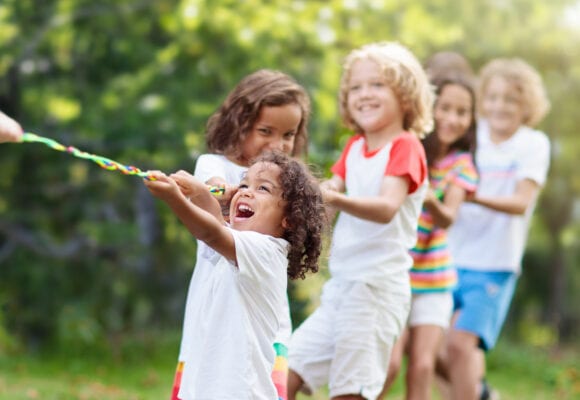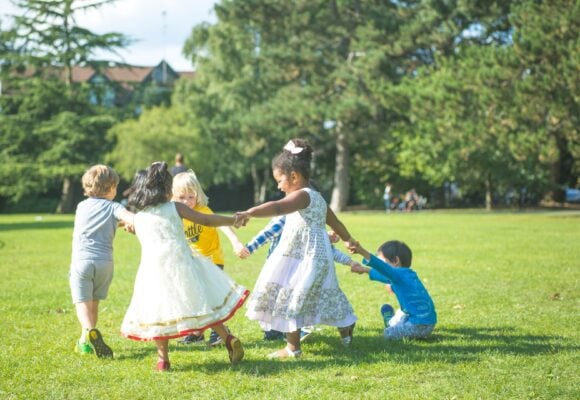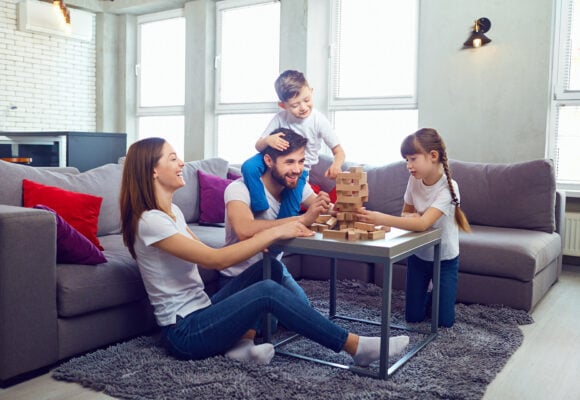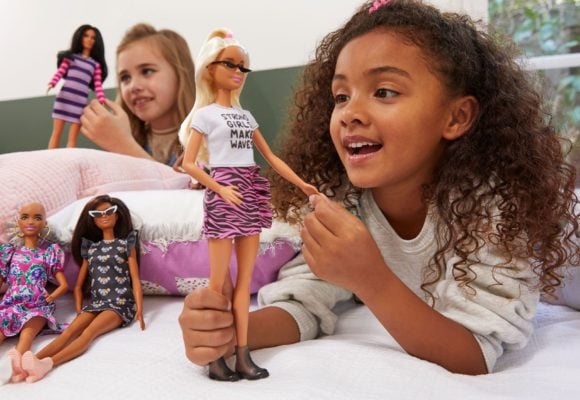Toy Industries of Europe (TIE) celebrates the United Nations General Assembly’s decision to designate June 11 as the International Day of Play....
Latest news
Latest News
Stay up-to-date with our latest news
Stay up-to-date with our latest news
Harvard researchers release book on playful learning in schools
Why do educators need a pedagogy of play? What does playful learning look and feel like in classrooms and schools? How do...
Announcing #PlayShapes 2022
Ahead of World Children’s Day on November 20, we asked the question “how has play shaped you?” to nine people from the...
Pre-school play with friends lowers risk of mental health problems later
Children who learn to play well with others at pre-school age tend to enjoy better mental health as they get older, new...
Five toys that were an antidote to COVID anxiety
Dr. Amanda Gummer, Founder & CEO of FUNdamentally Children and Dr Gummers Good Play Guide. Amanda has a PhD in Neuropsychology, the...


